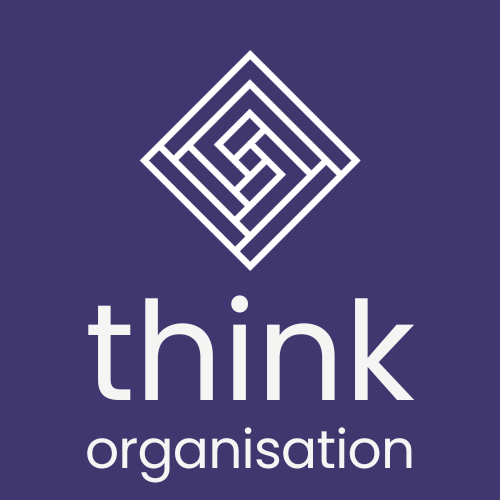Comfort Zone: How Organisations Can Foster Growth
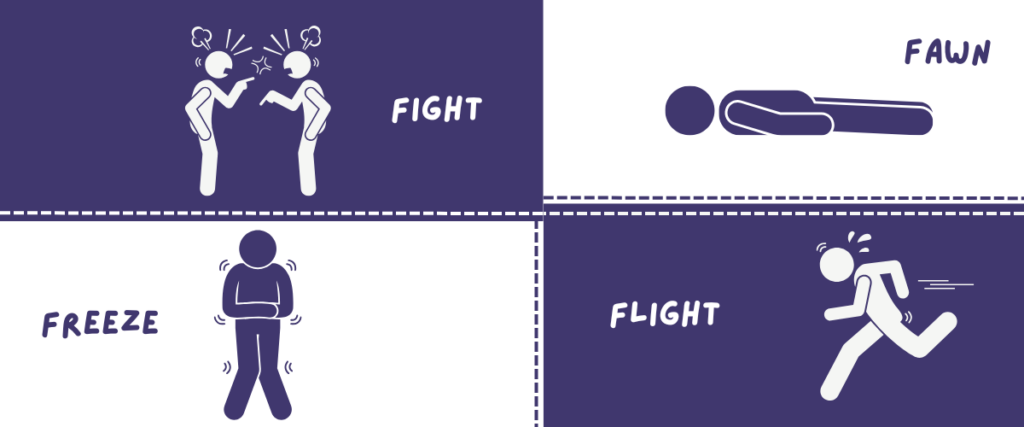
Stepping out of your comfort zone can feel like a mixture of excitement and fear. For some adventurous people it can become addictive!
How A Growth Mindset Fosters Employee Achievement

Employee engagement and motivation are declining in many organisations, leading to lower productivity, higher staff turnover, and diminished morale across businesses and the UK.
How To Manage High Performance at Work
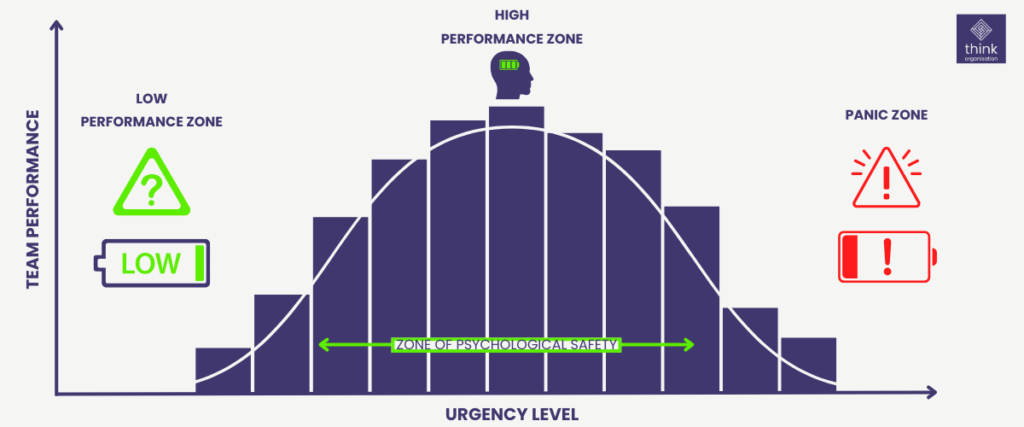
Have you ever asked the question in your workplace – what do we mean by high performance?
High performance is defined as ‘able to operate to a high standard or at a high speed’ (Cambridge, 2025) but what does this look like in the workplace?
Three Ways Employee Behaviour Can Impact Your Profit

How we behave at work is down to the individual. Behaviour at work is down to the team, manager, organisation and society. Humans learn behaviours from their lived experience and other people. In reality, no amount of rules, procedures, operating models or surveillance can outweigh having staff who enjoy what they are doing, enjoy where they work, and enjoy who they are working with.
Reflection: Psychology of Learning Proven To Improve Training ROI

Reflection involves absorbing information, asking deep and probing questions, and challenging your understanding of situations or events.
How To Break The Moaning Cycle For A Productive Workplace

This week has brought with it an abundance of moaning, both at home and in the office. Humans need time to adapt, and while change is inevitable in life, it is essential for businesses to survive.
How to Successfully Lead & Reduce Stress

Leaders are vital to reduce stress Leaders play a vital role in reducing employee stress by fostering open communication, empathy, and support. Setting clear expectations, creating work-life balance initiatives, and recognising efforts – they all help create a positive environment where employees feel valued and heard. Providing resources for stress management, promoting self-care practices, and […]
How to Reduce Organisational Hazards To Reduce Work-Related Stress

Man suffering from work-related stress holding his head in his hands.
Understanding Others: How To Drive Business Success

In today’s fast-paced, interconnected world, the ability to understand another persons point of view has never been more important.
What is Happiness? Can Anyone Really Be Happy At Work?

Remember the last time you felt truly happy, have you ever felt truly happy? When you think about it, defining happiness or when, where, if you were happy can be difficult.
Culture Alignment is Key to Make Work Really Work

This article explores how outdated leadership styles, poor communication, a lack of employee investment, and low productivity contribute to work not functioning well for individuals, teams, and organisations.
Teaching Leaders How To Think: Ten Tips

Leadership today is more complex than ever, and as the world continues to evolve, leaders must face challenges that often have no historical precedent.
Humans need to learn how to think.
99 Ways a Business Psychologist Can Improve Your Workplace
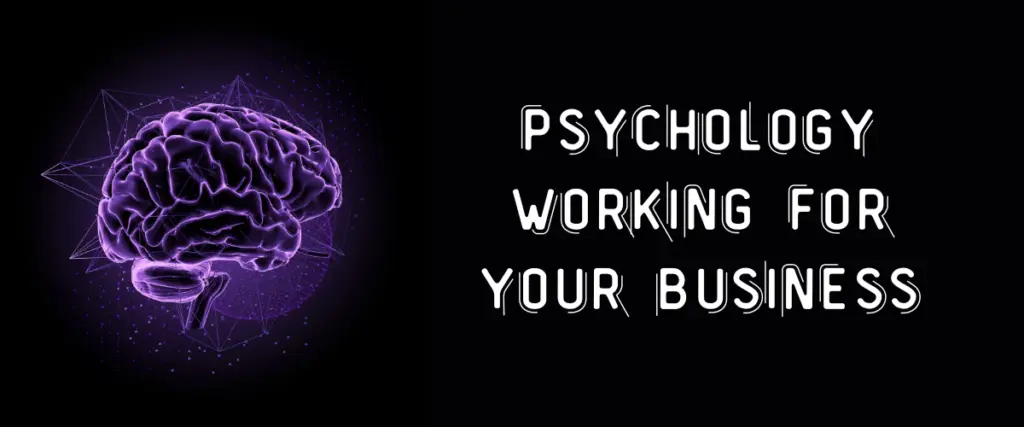
There are many titles for a Business Psychologist which describe the expertise and application of psychological principles to the human problems, challenges and business environments.
Why The Most Successful CEOs Focus on Culture

A company’s culture unconsciously influences the decisions employees make. Those decisions that employees make impact the results and success of a business, both directly and indirectly. The culture then impacts how people respond in the moment, especially when decisions are complex and there is no set process……
Why Using Psychometrics Is Proven to Add Value to Your Business
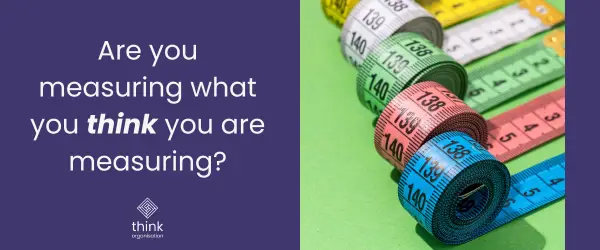
Psycometrics provide a language which empowers teams to have conversations about behaviours. Giving people insight into the ways people work, and importantly how people can work together.
The Future of Leadership: Influencing Business Culture in 2024
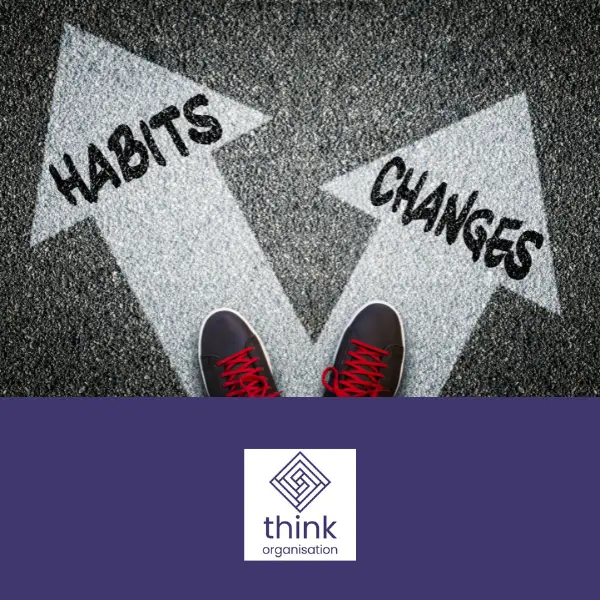
Business culture impacts employee experience – it is the shared attitudes, beliefs, priorities and values which guide the behaviours of all employees……
Can Leaders REALLY Motivate Their Employees?
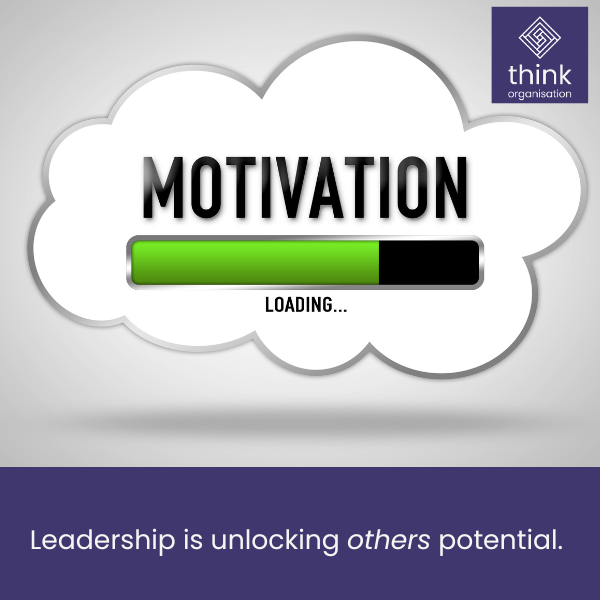
The role of the leader is to communicate culture.
Some believe the role of a leader is to motivate others. In reality, the role of a leader is to unite a team, communicate culture, and model core values so that the team fosters harmonious and inclusive work environments where teams are inspired to produce exceptional results…….
Motivation: Understanding What Drives People at Work

The reason a person acts or decides to behave in a certain way is usually down to motivation. Motivation itself is not visible. It is an internal process. Motivation is the driving force behind human actions that initiates, guides and maintains goal-oriented behaviours……
Inclusion: Why Organisations Need to Stop Making Inclusion Exclusive

Inclusion is when someone, or something, feels or is part of a group. Inclusion can be a state, or an action. Behaviour can promote inclusion, or promote exclusion. A culture of inclusion is when a group of people consistently behave in ways which ensure everyone feels valued and accepted……
Leadership in an Artificially Intelligent World.
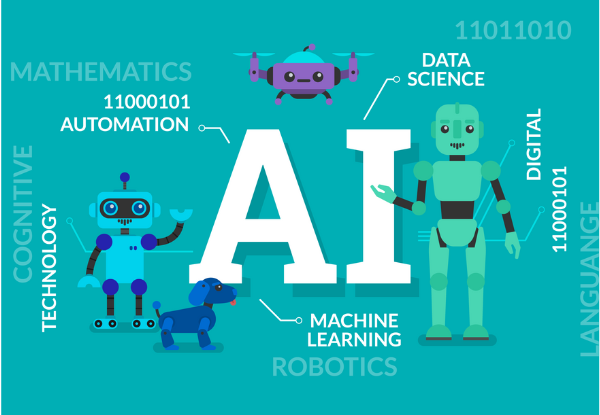
Artificial intelligence (AI) enables computers and machines to simulate human intelligence and to problem solve. Yet, leading AI scientists say world leaders still need to wake up to AI (University of Oxford, 2024). If you are unsure what AI is then MIT (2018) designed a great flow chart to help people understand what is and what isn’t artificial intelligence…….
